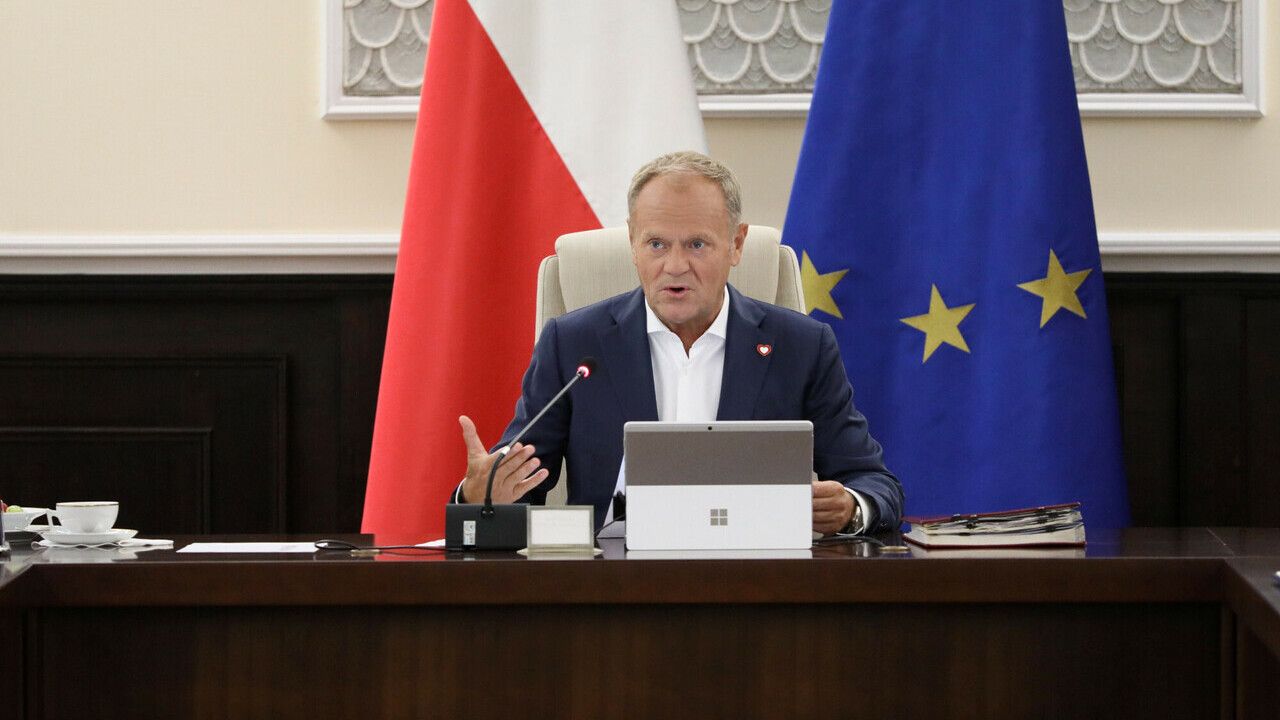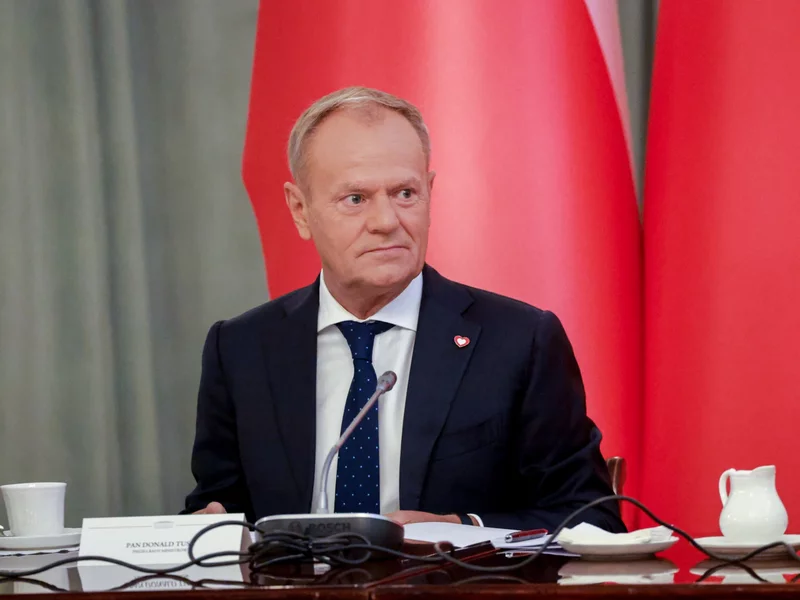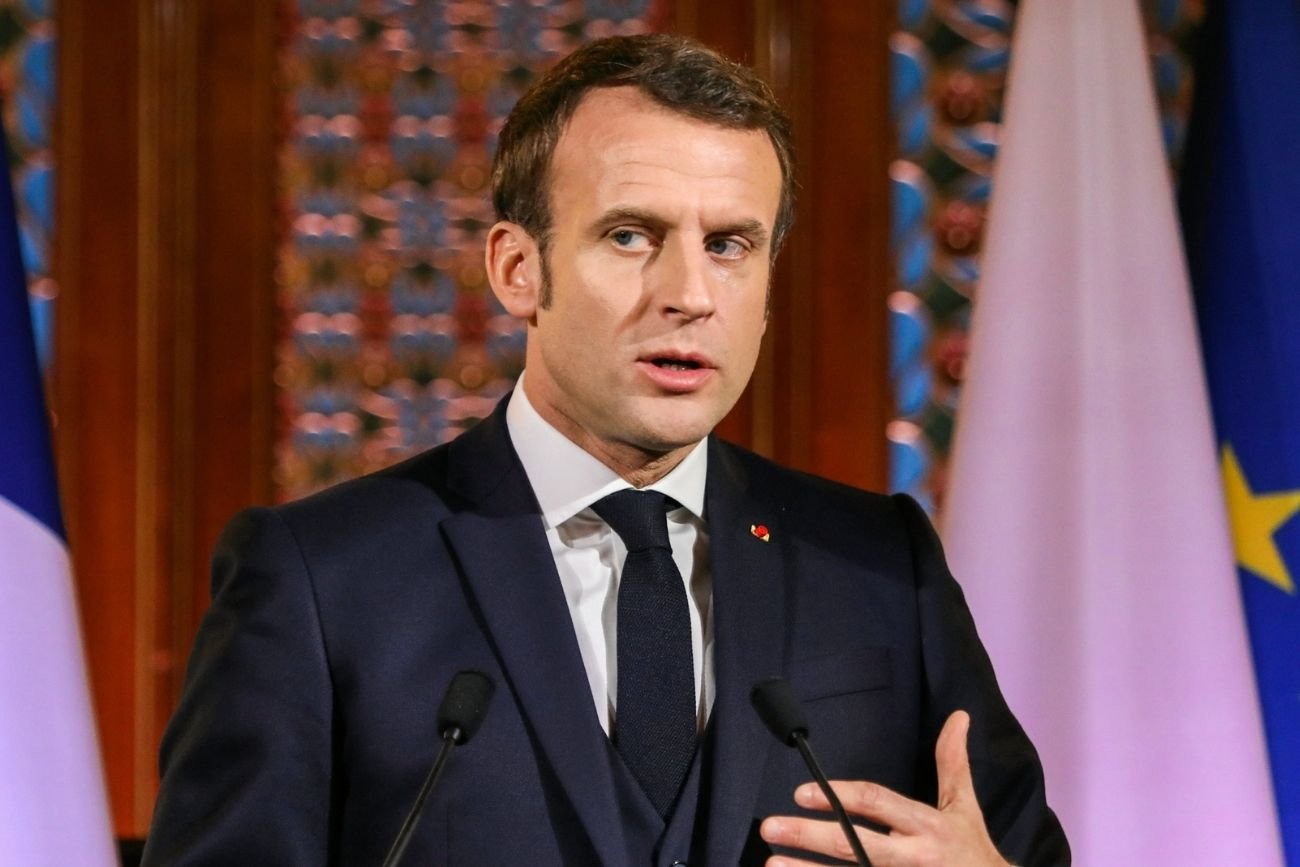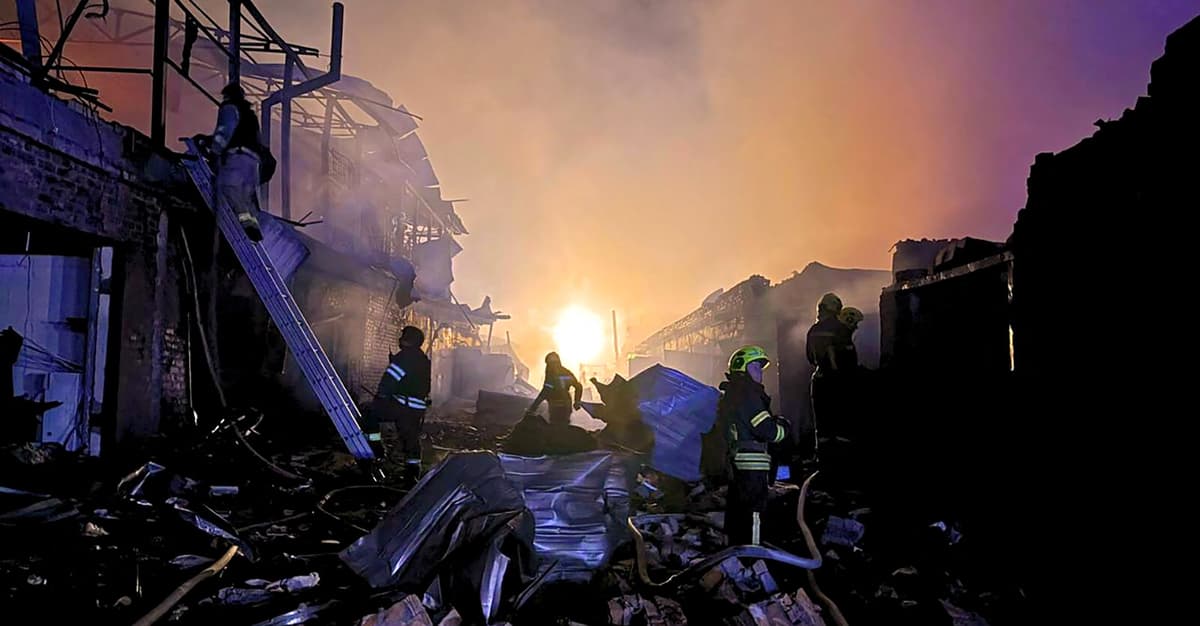Vladimir Putin announced on April 21 that he had "passed the Easter truce" – he informs PAP what RMF FM quotes. The Russian Ministry of defence said the truce was over. Russian president besides stated that "Moscow is open to peace initiatives"
"Easter truce" in Russia's War Against Ukraine
As we wrote on Temat.pl, the TASS agency reported on Saturday 19 April that Vladimir Putin announced an Easter truce, arguing for the decision "humanitarian considerations".
– Russia will halt all military activities from 6:00 p.m. Moscow time (17 Polish time) 19 April to 00:00 Moscow time (h. 23 Polish time) 21 April – announced Vladimir Putin.
Putin besides added that Russia assumes that Ukraine will comply with this initiative. At the same time, he pointed out that Russian troops must be prepared for possible provocations. Russia's defence ministry stressed that the ceasefire would only be respected if Ukraine besides respected it.
A fewer hours after the start of the truce, the president of Ukraine Volodymyr Zelenski stressed in a message that "if Russia truly abruptly decides to complete and unconditional silence, Ukraine will respond appropriately – reflecting its actions".
"Our actions are and will be symmetrical. The proposal for a full and unconditional 30-day ceasefire remains valid – now Moscow must respond to it," wrote the president of Ukraine on platform X.
He added that Ukraine is ready to extend the truce beyond April 20 – as proposed by the United States, which Kiev has already accepted.
During the first six hours of the "large-night truce" there were to be 387 shellings, 19 land attacks and 290 cases of drone use. Mr Zelenski stressed that the Russian side was inactive engaged in armed activities. And he stated, "Our soldiers respond everywhere as the enemy deserves – according to the current situation at the front."
In turn, the Russian Ministry accused Ukraine of nearly 5,000 ceasefire violations. On Sunday evening, the Ukrainian leader proposed Russia to halt attacks with drones and long-range missiles on civilian infrastructure for at least 30 days with an option to extend.












